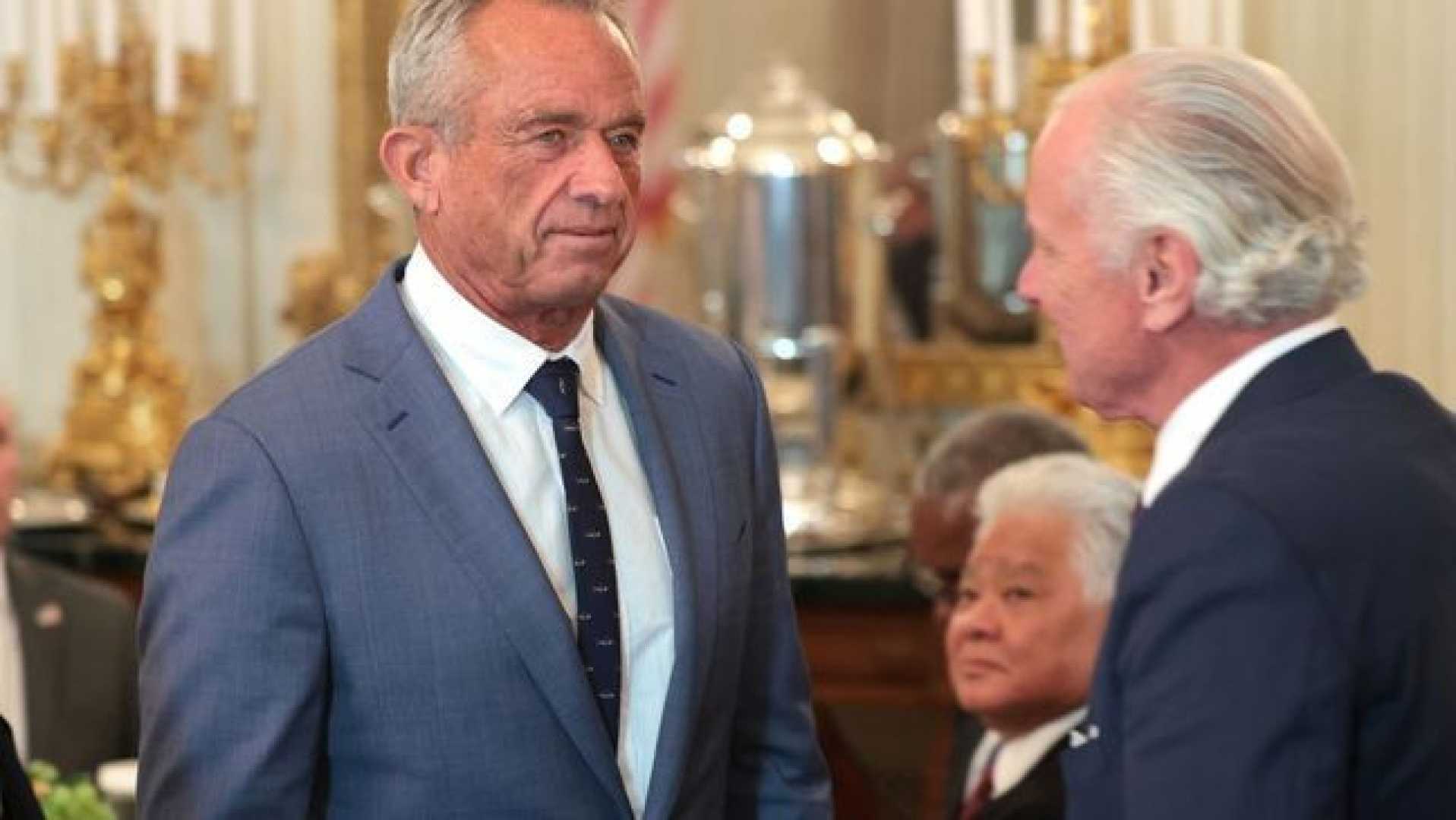Politics
Trump’s Clash with Maine Governor Sparks Federal Investigation

WASHINGTON (AP) — President Donald Trump clashed with Maine Governor Janet Mills during a governors’ meeting at the White House on Friday, February 21, 2025, over his threat to deny federal funding to Maine unless officials restricted transgender athletes from competing in girls’ sports.
The confrontation reflects a larger struggle facing many Democratic governors in Trump’s second term, where balancing state needs against a president prone to retaliation poses a significant challenge. ‘I will see him in court,’ Mills stated, expressing her determination to safeguard her state’s policies that defy Trump’s executive orders.
Following the altercation, the U.S. Department of Education announced it would investigate Maine’s Department of Education regarding the inclusion of transgender athletes, compounding tensions between state and federal authorities. Trump, who has advocated for banning trans athletes in girls’ sports, may target states, like Maine, that uphold laws barring gender identity discrimination.
‘Any time a public interaction like that takes place, it’s coming from a person who’s grounded in their values,’ Michigan Governor Gretchen Whitmer noted in support of Mills. ‘I appreciate her for standing up, but we all know there’s a cost that comes with that.’
The meeting included numerous governors, where they discussed their states’ needs while navigating their personal feelings about Trump. Whitmer, who campaigned against Trump in 2024, recounted her surprise at being the only Democrat at a White House dinner with him.On the topic of tariffs, Whitmer, who faces potential consequences from Trump’s policies, recognized the pressing implications for Michigan.
Indeed, Trump’s early proposals may significantly affect states reliant on federal funding. Michigan anticipates 42% of its budget from the federal government, and heavy trade links with Canada expose it to economic fallout from potential trade penalties enforced by Trump.
Following the contentious interactions, New York Governor Kathy Hochul engaged in a lengthy discussion with Trump about state priorities, acknowledging that while collaboration is vital, ‘We’re not going to sit idly by and let our rights be attacked.’
Moreover, Democratic leaders have aimed for a conciliatory tone amidst the tumult. Colorado Governor Jared Polis, the association chair, remarked on the critical nature of respectful disagreement while emphasizing the importance of working together to achieve common solutions.
This evolving landscape reflects divisions within the Democratic Party, where some leaders are pushing for more aggressive resistance against Trump’s influence. Illinois Governor JB Pritzker, in his State of the State address, equated Trump’s administration with historical oppressors, drawing a stark contrast to the more diplomatic approaches seen from other governors.
‘We didn’t elect Democrats to become collaborators with our oppressors,’ said Lori Goldman, founder of the ‘Fems for Dems’ group, highlighting the growing dissatisfaction among activist circles toward Democrats compromising with Trump.
As the political climate intensifies, Democratic governors face mounting pressure to navigate their relationships with an administration willing to wield the threat of financial penalties against non-compliant states. The outcome of these interactions could shape public policy and political strategy far beyond the governors’ meeting.












